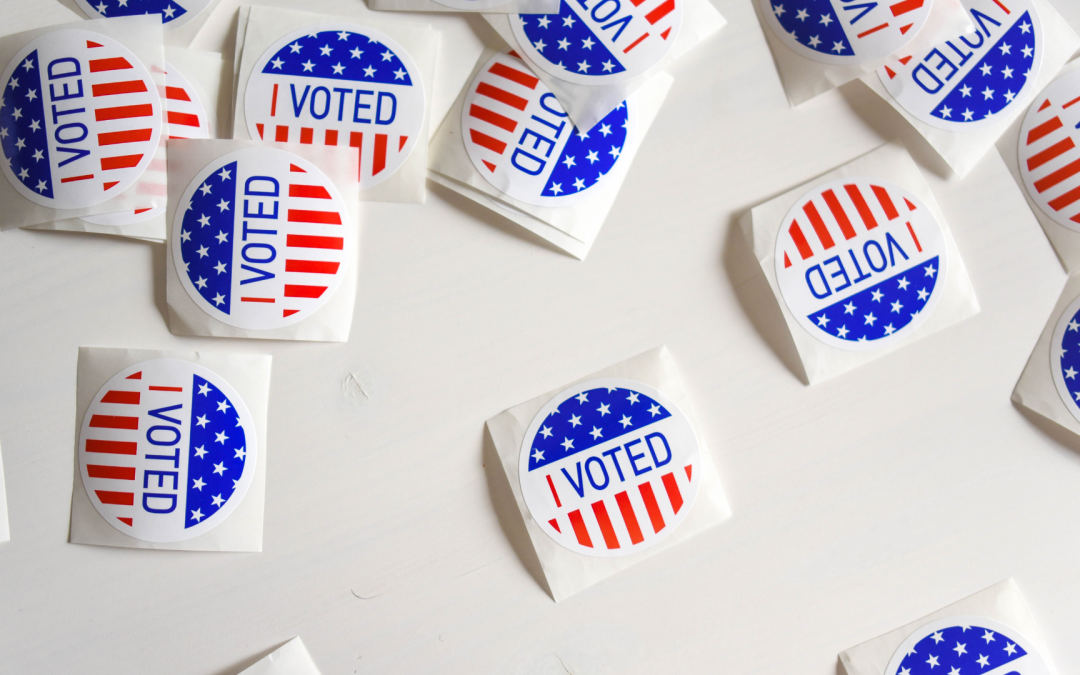Elections often cause a slowdown in the housing market because they create economic and political uncertainty. Here are the main reasons behind this phenomenon:
1. Uncertainty about Policy Changes
Buyers and sellers may hesitate to make big financial decisions when uncertain about potential policy changes. New tax laws, changes to mortgage interest deductions, or shifts in economic policies could impact home values and affordability. This uncertainty can make people pause on their plans until they have a clearer sense of how the election outcome might affect the economy and housing market.
2. Cautious Financial Decisions
Major purchases like buying a home require confidence in long-term financial stability. During election periods, some people prefer to wait, choosing financial caution over commitment until they see how the political landscape settles.
3. Market Psychology
Elections can impact consumer confidence, even if there’s no immediate effect on the economy or housing policies. People tend to delay big decisions, assuming the market might shift depending on who wins. This “wait and see” approach becomes self-fulfilling as more people decide to hold off, leading to a temporary slowdown.
4. Temporary Market Disruptions
The news and media attention around elections can create distractions, with less focus on housing or real estate activities. This attention shift can also contribute to the temporary slowdown.
5. Historical Patterns
Past election years have shown a pattern of slower market activity leading up to Election Day, followed by a rebound afterward. Buyers and sellers may know this trend and assume it’s best to hold off until after the election results.
While these factors contribute to a short-term dip in activity, they don’t affect the underlying demand for homes. Once the election is over, people who postpone their plans often return to the market, creating a bounce-back effect.






